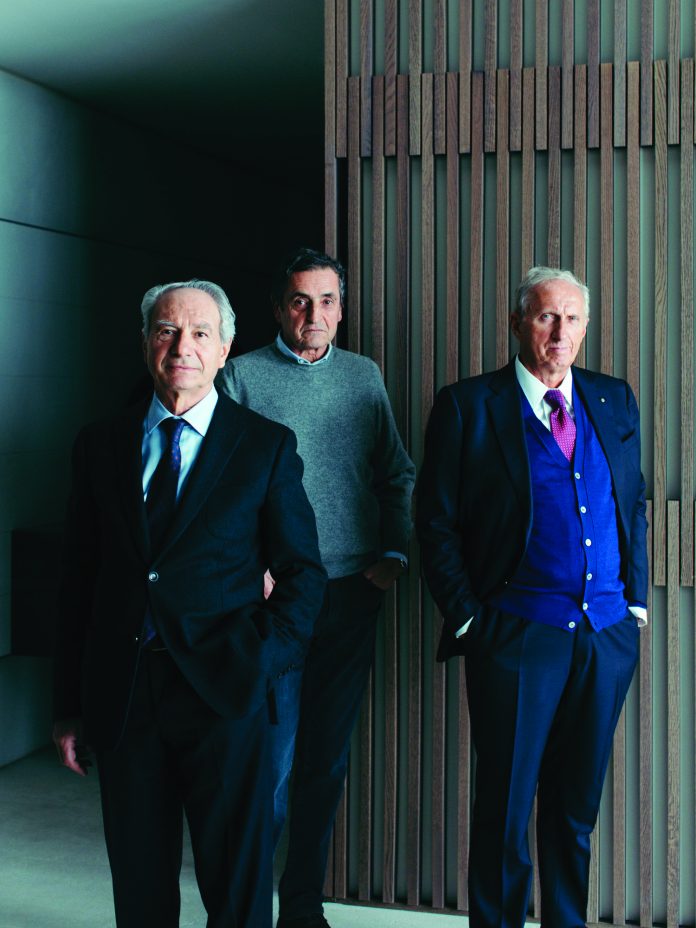Poliform’s experience of international markets has taught the company to be exceptionally versatile, allowing the company to work on hugely diverse projects ranging from small- to medium-sized jobs to huge orders. This same versatility has also enabled the interior design brand to successfully adapt to the specific needs of the Russian market.
The company has made some changes at brand level too, with the Varenna kitchen brand taking on the Poliform name – evidence of a clear determination to build a single, coherent brand identity. But that’s not all.
How has the company’s relationship with Russia changed over the past ten years?
Our relationship with Russia has consolidated over the past decade and it remains one of our most important markets. Despite the fact that the preferred style might seem at odds with our contemporary vibe, the clients we’re focusing on are cultural people who travel and who are familiar with and appreciate other countries. Quite simply, they’re people that love design, so it doesn’t matter where they are.
What kind of stylistic and product design changes have you noticed in Russia and the surrounding markets since 2008?
Our clientele is international, switched-on to industry trends and passionate about things like quality materials, fusing artisanal traditions with technological innovation, product durability and – importantly – Italian manufacturing. As a consequence, the changes we see are never country-specific – they’re global. Evolving lifestyles and the global economic situation have seen the return of the idea of the home as a kind of nest for ourselves and for our friends. The spaces in our homes are more fluid now, less defined. They interact with each other and encourage us to move between them rather than making that harder by dividing the spaces up in the conventional way. Kitchens have begun to creep into living areas, partly because homes are getting smaller and partly because people want to spend more time with each other. Aesthetics are fundamentally important and the pursuit of quality of life is an increasingly essential part of day-to-day life.
How has Poliform’s strategy changed?
We’ve reinforced our existing relationships in the market by creating even stronger partnerships rather than looking for new collaborations. In the very near future, for example, we’re going to be giving our biggest showroom in Moscow a makeover.







